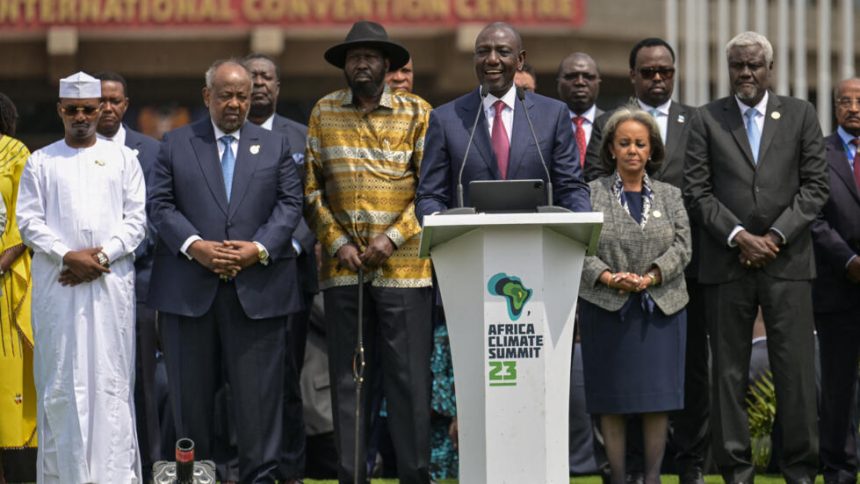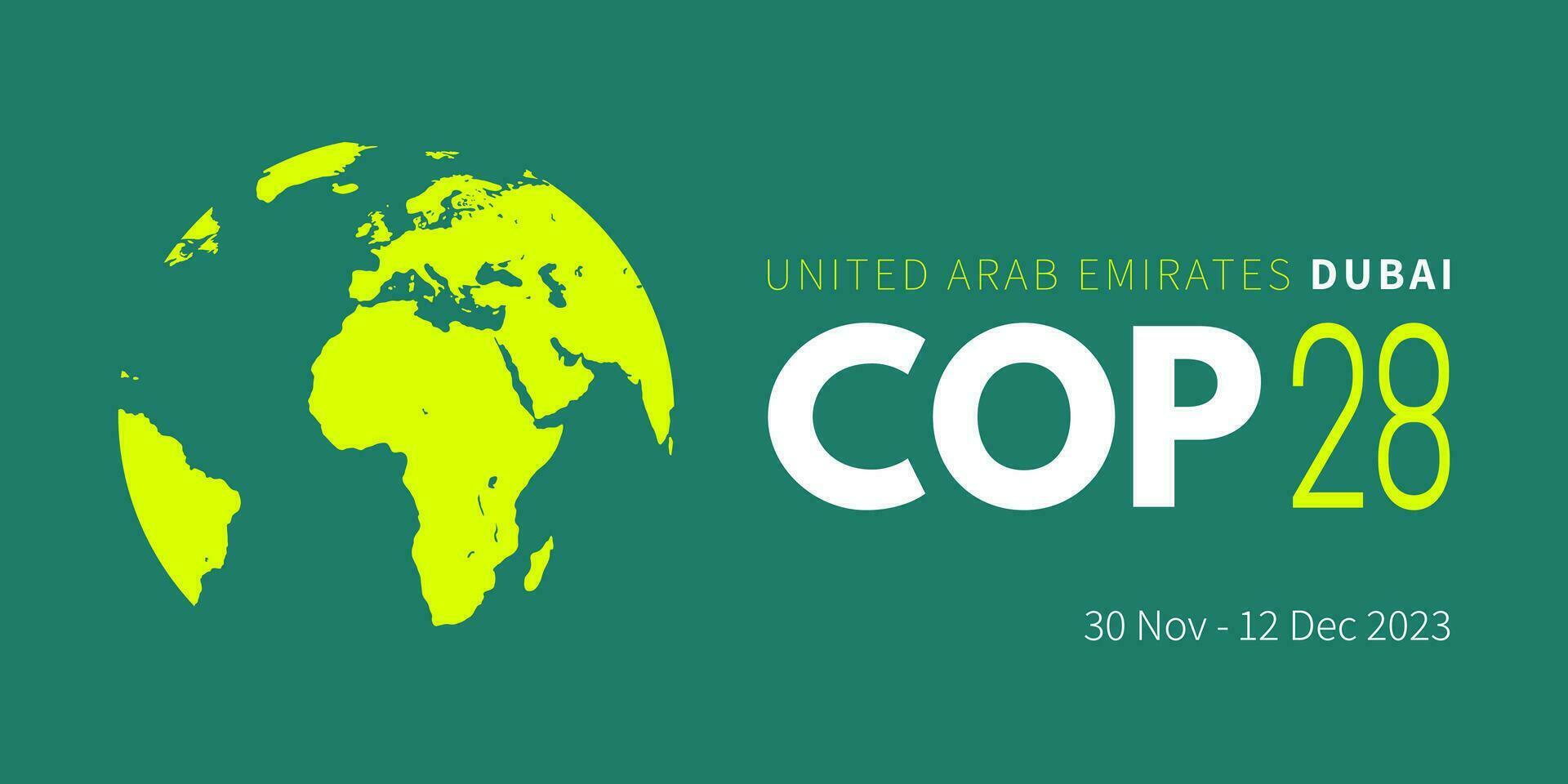A landmark African Climate Summit (ACS) ended on Wednesday (6 September) after the political and business leaders adopted the Nairobi Declaration that seeks to address climate challenges in the continent and that represents a united front for Africa before negotiations for more funding at COP28.
The ACS was dominated by discussions of how to mobilize financing to adapt to increasingly extreme weather, conserve natural resources and develop renewable energy. The Declaration, announced by Kenyan President William Ruto as the convener of the three-day summit, proposes new global taxes and reforms to international financial institutions to help fund climate change action in a declaration that will form the basis of their negotiating position at November’s COP28 summit.
Ruto had also pushed for a narrative shift in the talks, focusing on Africa’s switch to clean energy even as the continent reels from climate-related disasters. Analysts say a united African voice could generate momentum for a series of key gatherings leading to a crunch UN climate summit starting in November, including the G20 meeting in New Delhi this weekend.
The declaration calls for “a new financing architecture that is responsive to Africa’s needs including debt restructuring and relief,” as frustration mounts over the high cost of financing on the continent. To that end, the Kenyan president also used the ACS to criticize the global financial system for its perceived unfairness in dealing with African nation, calling out the West for charging Africa five times more on interest rates than other regions.
In a speech to delegates during the ACS, Ruto specifically exuded dissatisfaction with loan programs in Africa, interrupting his planned address for a few minutes to elaborate on how the West’s harsh loan programs have harmed Africa.
“Nine countries are already in debt stress, 13 countries are classified as high risk, and another 17 countries are classified as moderate risk, and the biggest contributor to debt distress in our continent is high-interest rate, we pay five times more than others,” the Kenyan president elaborated.

